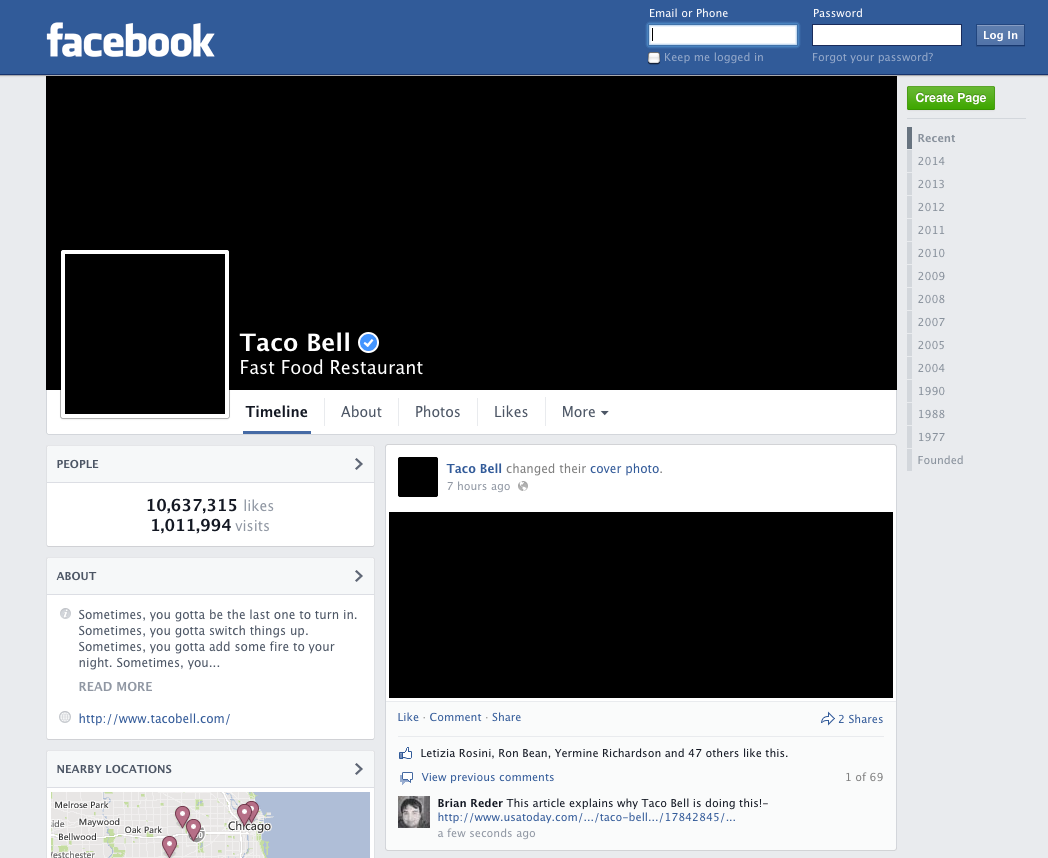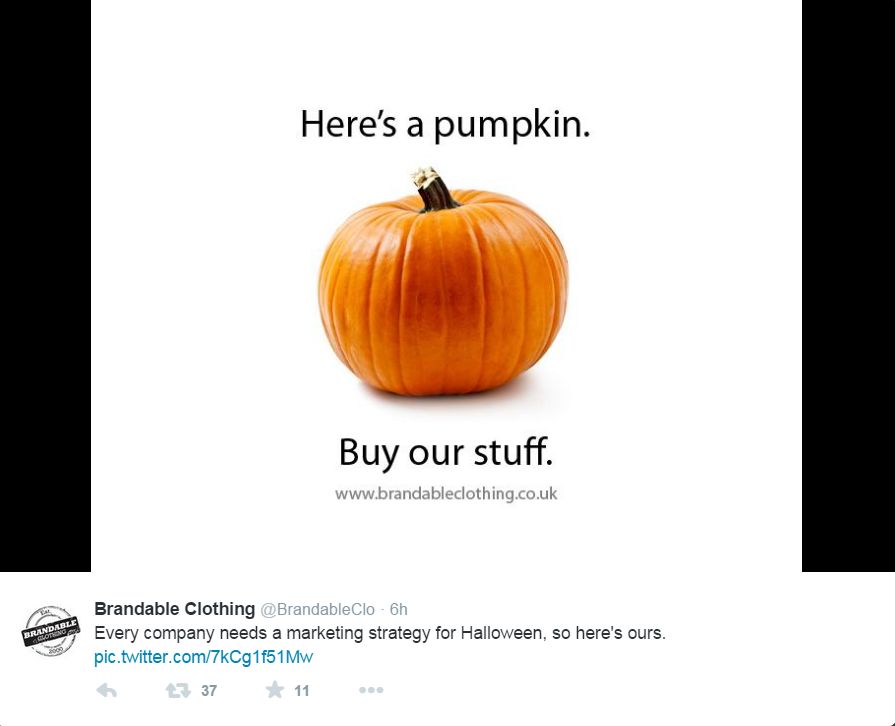The anti-marketing campaigns: The art of selling via non-selling.
Why anti-marketing campaigns?
Though it’s not something new, this alternative marketing approach is getting back people’s attentions.
What’s the fuss about it anyway?
For many, the traditional marketing is failing.
Not so long ago, Samsung reported their falling smartphone and tablet sales, despite their increased marketing and advertising expenditure. ‘Now, it is feeling a painful pinch from competitors’ like Apple and Xiaomi who barely spend money on marketing.
Rosser Reeves – the guy who came up with the Unique Selling Proposition – once said that “The people who read and remember your advertising may buy less of your product than people who are not aware of your advertising at all. Your advertising, in other words, may, literally, be driving away customers.”
Is that the reality of marketing today?
But he is not suggesting that ‘un-marketing’ is the solution. Have a look at the Whole Food Market. It is one of the few consumer product businesses that was listed in the Fortune 500 without running any ads at a national scale. But, their ‘awful performance’ on Wall Street this year has left them any choice but to the launch a $15-$20 million campaign.
So making too much noise doesn’t necessarily meet ROI. Having no voice at all may potentially incur massive cost.
A real paradigm shift?
What about anti-marketing marketing then? You don’t need to be too noisy, or completely silent. At the end of the day, anti-marketing is also a way to market your brand – but without having to bombard the audience with the ‘unnecessary’. So unlike traditional marketing, anti-marketing marketing focuses on;
• Less noise, more surprise,
• Attraction rather than promotion,
• Simplicity and exclusivity,
• and of course, reverse psychology.
(Selfridge’s No Noise Campaign)
The art of selling via non-selling
Newcastle Brown Ale
Yes, the king of anti-marketing marketing, New Castle Brown Ale. No need for explanation.
(via Facebook)
Their #NewcastleAdAid makes all the other beer ads look absurd, wasteful and unnecessary. Why spend millions on carefully photoshopped images if you can get the perfect images from the fans?
Hans Brinker hotel
Remember these guys? They know that they don’t have fancy lobby to show off. But they know how to intrigue their customers in a unique way.
Simple and funny ads. No bluffing. They are not afraid of losing the audience, because they aren’t the target market anyway.
Taco bell
A mysterious blackout on Taco Bell’s social media? Their Twitter, Instagram and Facebook suddenly went black and silent, leaving only one simple message.
They de-marketed their social media pages and deleted all the posts only to draw people’s attention to their new digital tool. Less noise, more surprises equal more attention.

(Image via)
Brandable Clothing
Speaking of no bollocks, these guys nailed it last Friday.
Probably the most honest tweet ever!

(via Twitter)
But it’s not for everyone.
This didn’t really go viral – but it did highlight an interesting point. Consumers are hating ‘’too fake, too obvious’’ ads.
In the end, many Super Bowl ads get forgotten – despite all the efforts and millions of dollars spent by brands.
Having said that, anti-marketing marketing is not for everyone. It won’t work for all brands. And it won’t work on every consumer. Depending on your goal, this approach may or may not be suitable.
If there is one thing that is sure, then it is that the anti-marketing campaigns are the effective way to distinguish yourself from the noisy market.
What do you think?
Appnova is a digital agency specializing in web design, UX, eCommerce, branding, digital marketing and social media.
Keep following us on Twitter @appnova and “like” us on Facebook for useful news and tasteful digressions about geeky stuff.
Subscribe To Us
Contributors
Categories
Subscribe To Us
Contributors
Categories

This website uses cookies so that we can provide you with the best user experience possible. Cookie information is stored in your browser and performs functions such as recognising you when you return to our website and helping our team to understand which sections of the website you find most interesting and useful. Third party cookies such as Google Analytics is also used on this site to provide analytics in order to better understand the user engagement on our site.
You can adjust all of your cookie settings by navigating the tabs on the left hand side.
Strictly Necessary Cookie should be enabled at all times so that we can save your preferences for cookie settings.
If you disable this cookie, we will not be able to save your preferences. This means that every time you visit this website you will need to enable or disable cookies again.







0.Comments